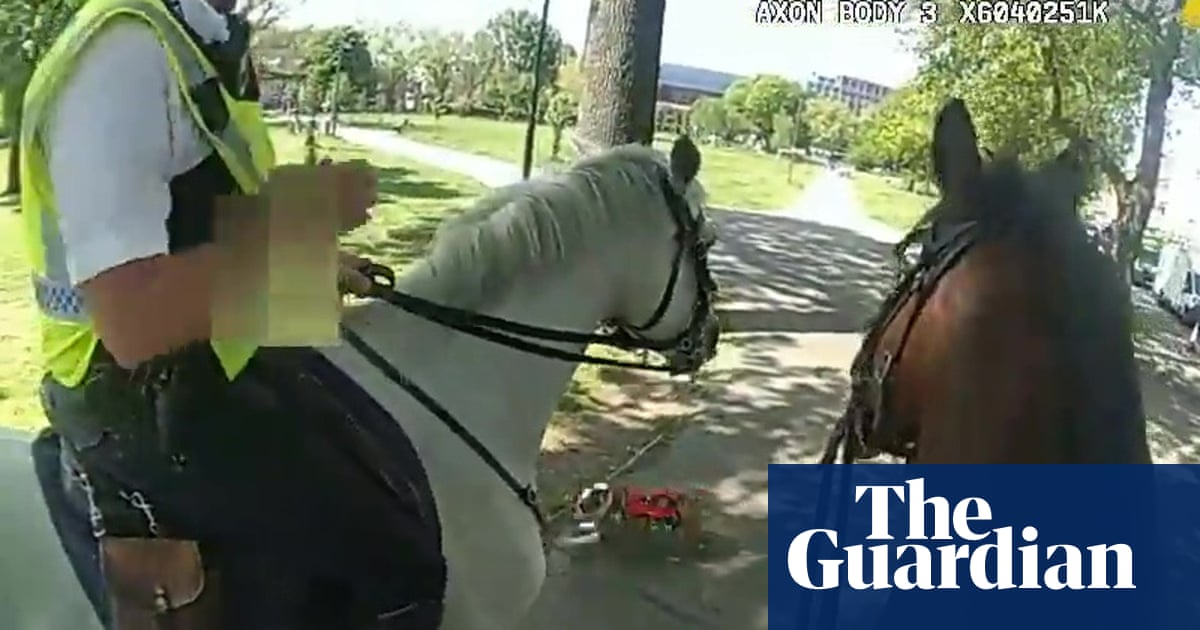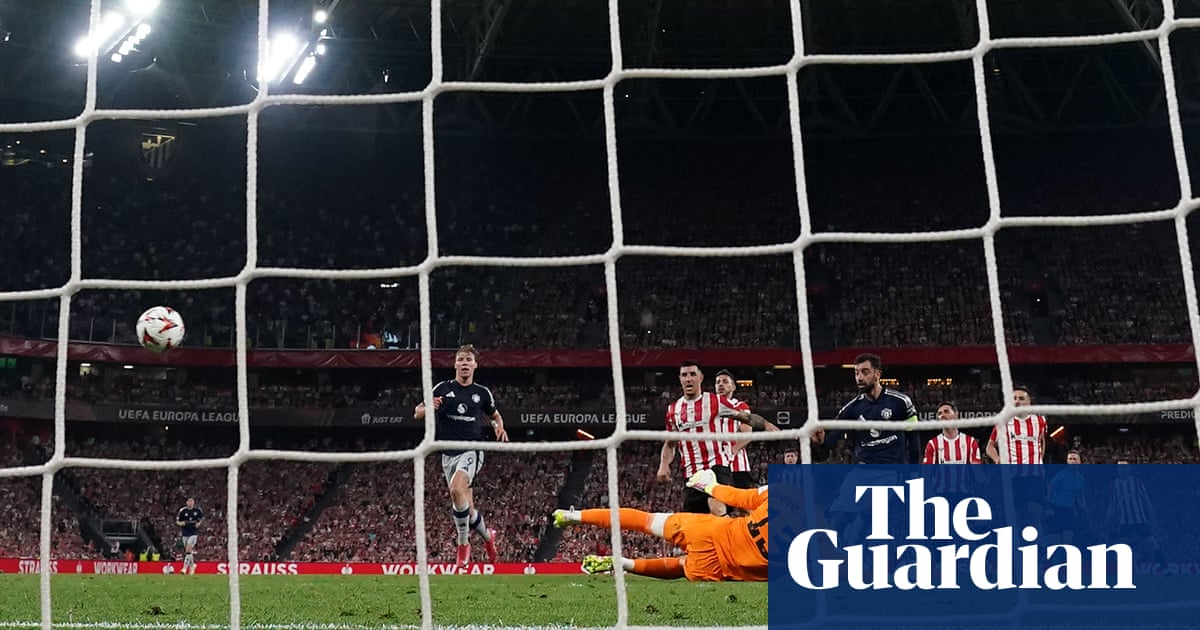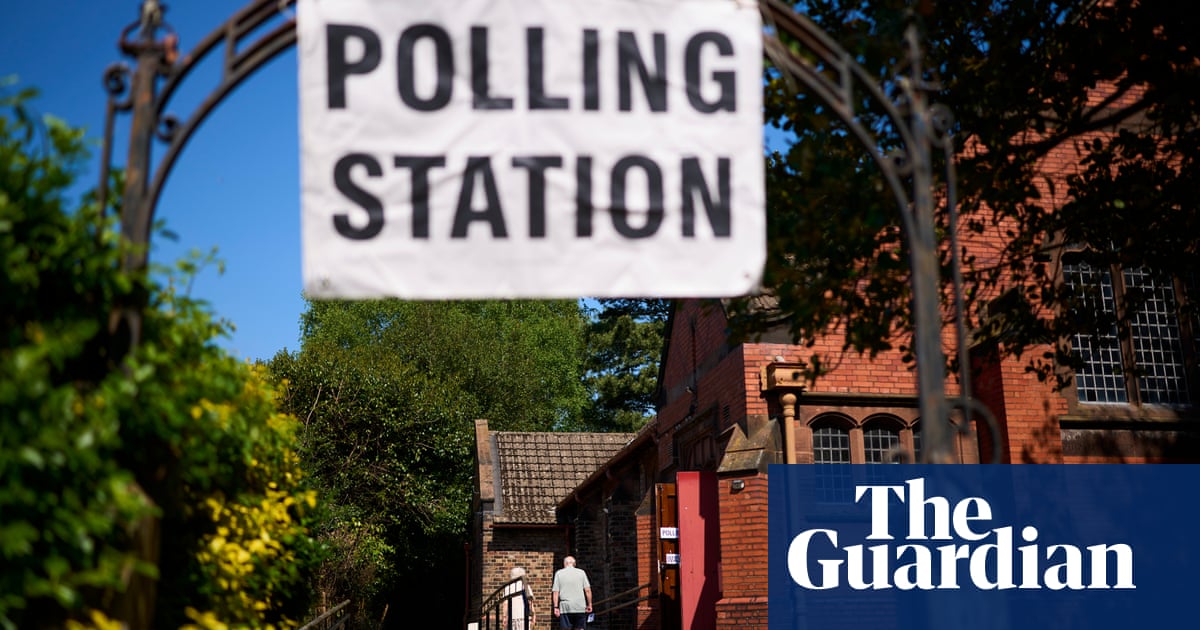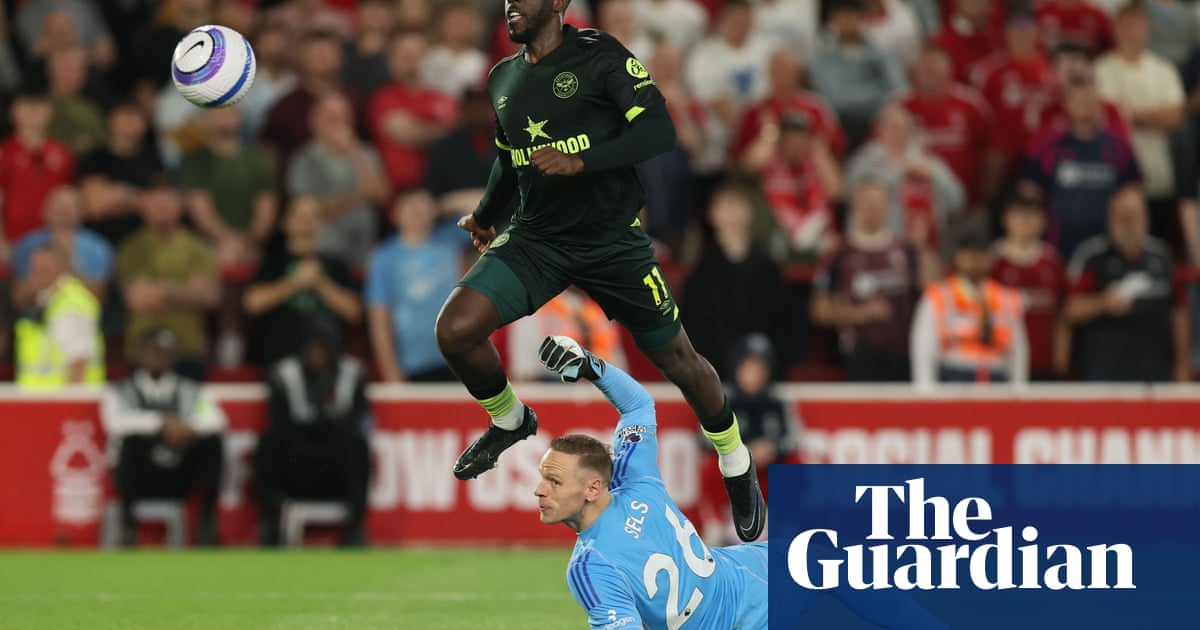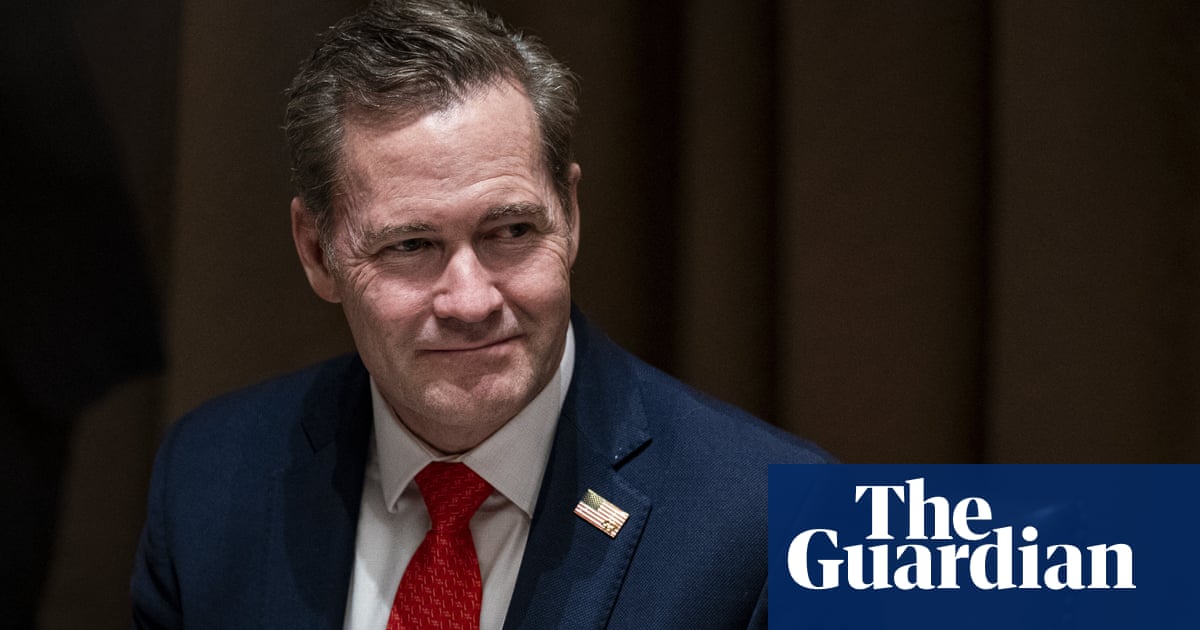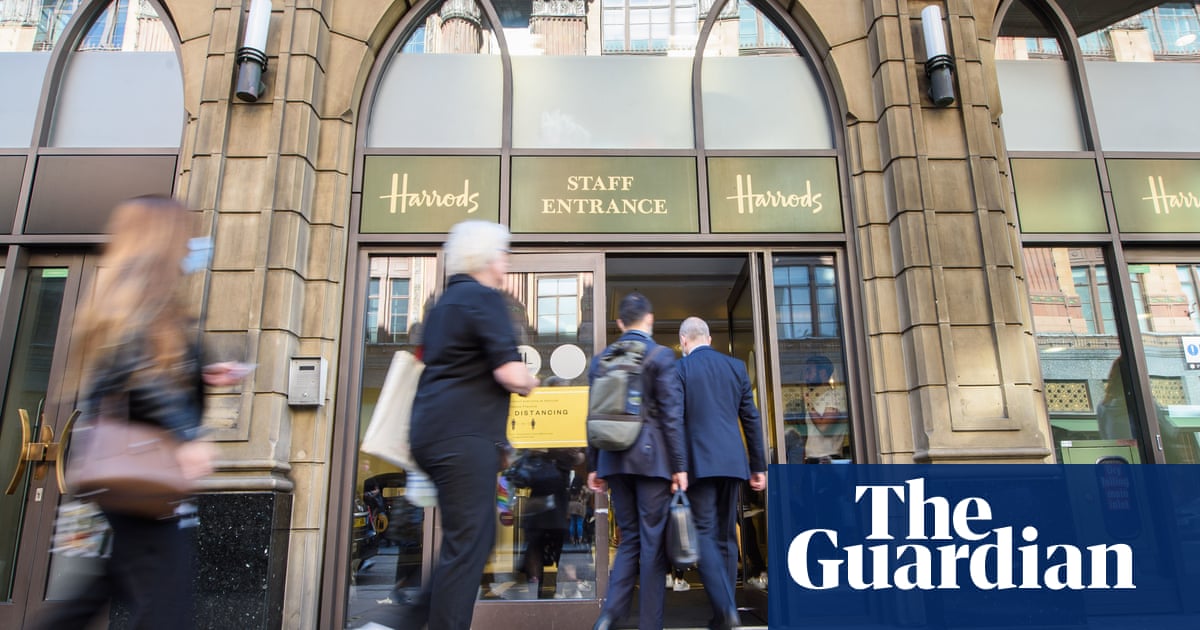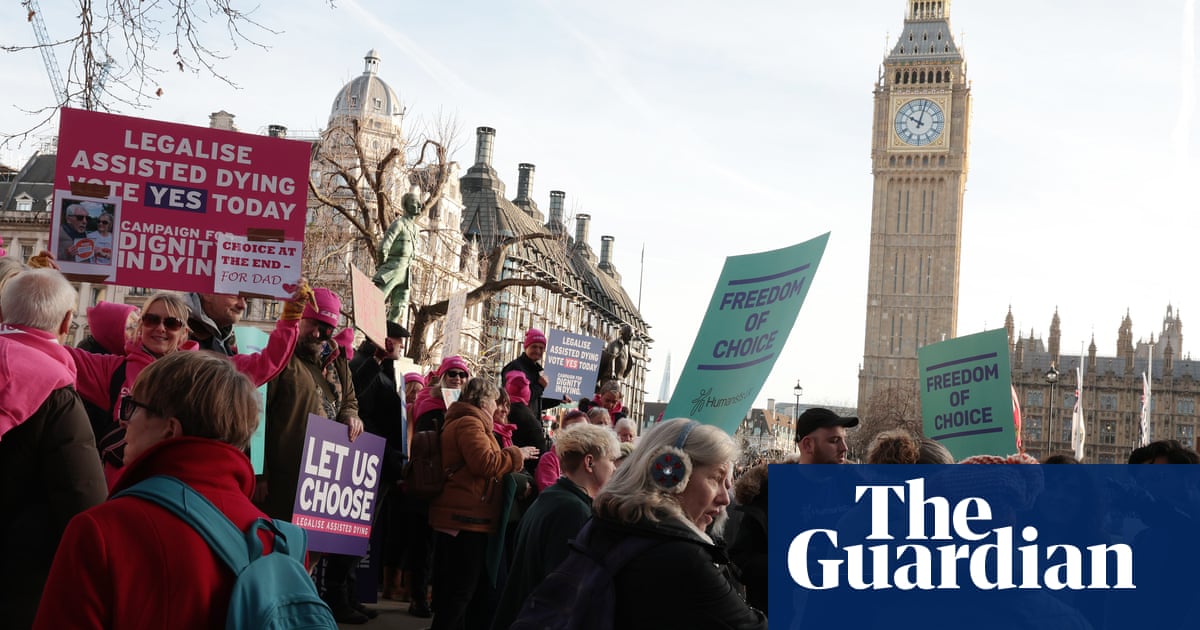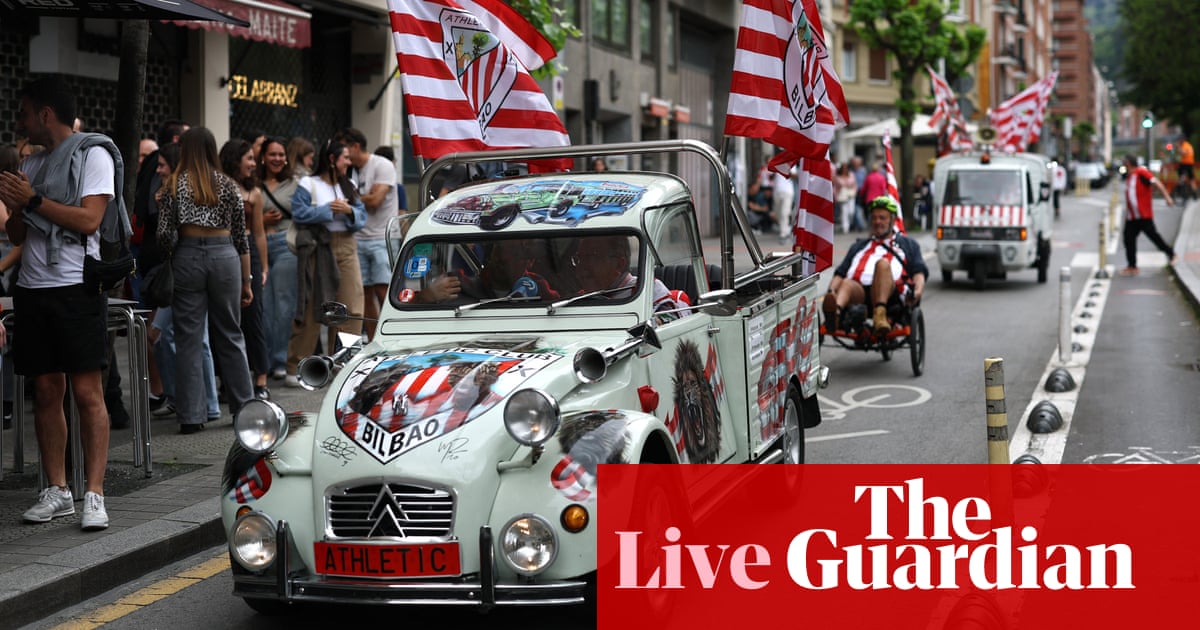Sitting in the royal box at London’s Wembley Stadium, just shy of the 40th anniversary of the Live Aid concert that he helped make happen here, Midge Ure ponders its legacy. “We created a monster,” he says. “And it had to happen.”
The two Live Aid shows in London and Philadelphia on 13 July 1985, featuring performances by U2, Queen, David Bowie and more, form the core of the stage musical Just for One Day. Today, it was announced that it will transfer to London’s West End in May, after short runs at London’s Old Vic in 2024 and Toronto earlier this year.
But Ure argues that the day-long Live Aid could never happen today, because of the seductive pull of social media feeds. “Have [audiences] got the attention span? I’m not sure,” he says.
Live Aid was held to raise money for famine relief in Ethiopia, and Ure says that he and the team behind it were powered by a cocktail of naivety and rock-star arrogance – logistical hurdles were deemed immaterial. “We hadn’t figured out just what a task this was going to be,” he says. “Just get the show done. Sparkle, guys!”
They had had major success with Band Aid’s Do They Know It’s Christmas? single in December 1984, written by Ultravox frontman Ure alongside Bob Geldof, but it had ended up exposing bottlenecks that were stopping the money getting to where it was most needed. A concert was conceived to swiftly raise the funds to eradicate those problems.
“There was a trucking cartel in situ in Ethiopia that all the aid agencies were using and had to pay for,” says Ure. “We wanted to break the cartel by buying a fleet of trucks, but we didn’t have the money to do it. So Live Aid was born.”
George Harrison’s 1971 Concert for Bangladesh charity show and album were used to show how good intentions can be dashed by mismanagement: millions of dollars raised by the concert were trapped in IRS tax escrow accounts for years. “The first advice we were given was from George,” says Ure of the early planning stages for Live Aid. “He said to Bob, ‘Don’t do what we did. Don’t spend any of the money. No overheads.’”

Frugality became the Band Aid Charitable Trust’s mantra – it has never had an office and all trustees still work for free, with expenses forbidden. Money continues to come in from licensing, streams (of the Band Aid single at Christmas and YouTube footage of Live Aid) and donations, and 10% of proceeds from Just for One Day will support it. Total funds raised in the trust’s lifetime have reached £150m. “We have people leaving money to us in their wills,” says Ure. “Our job as trustees is to generate as much money as we possibly can for the cause.”
The 71-year-old Ure accepts that the social context of Live Aid in 1985 can be knotty to explain in 2025. The Band Aid lyrics – such as Bono’s line “tonight thank God it’s them instead of you” – have prompted accusations of white saviourhood, and African artists such as Fuse ODG have argued it created a patronising and flattened view of a whole continent. “We wrote it in an afternoon as a simple pop song and it’s not there to be analysed,” counters Ure. “It was there to do something. Was it done with good intent? Yes, it was. Did it make a difference? Yes, it did.”
He feels, in retrospect, Live Aid marked the end of the old world, where music was the epicentre of culture, and the start of something less monolithic. Having a whole day of TV programming devoted to a concert raising money for a single cause could not work in today’s oversaturated and media-fragmented world, he feels.
Speaking at the musical’s launch event on Thursday, Geldof made a similar point. “The problem is, do people have the bandwidth?” he said. “They’re so exhausted with the horror of Gaza and the terror of Ukraine and the American political situation that it’s hard to draw attention to those who through no fault of their own are dying right now.”
For Ure, what was a unifying media spectacle then would not cohere now. “I think Charlie Brooker will be writing the next Black Mirror [about this],” he jokes. “Fans in the audience would be filming it and then they’d swipe their screens and the artists would disappear after 30 seconds. It’s a different world.”

 6 hours ago
9
6 hours ago
9
